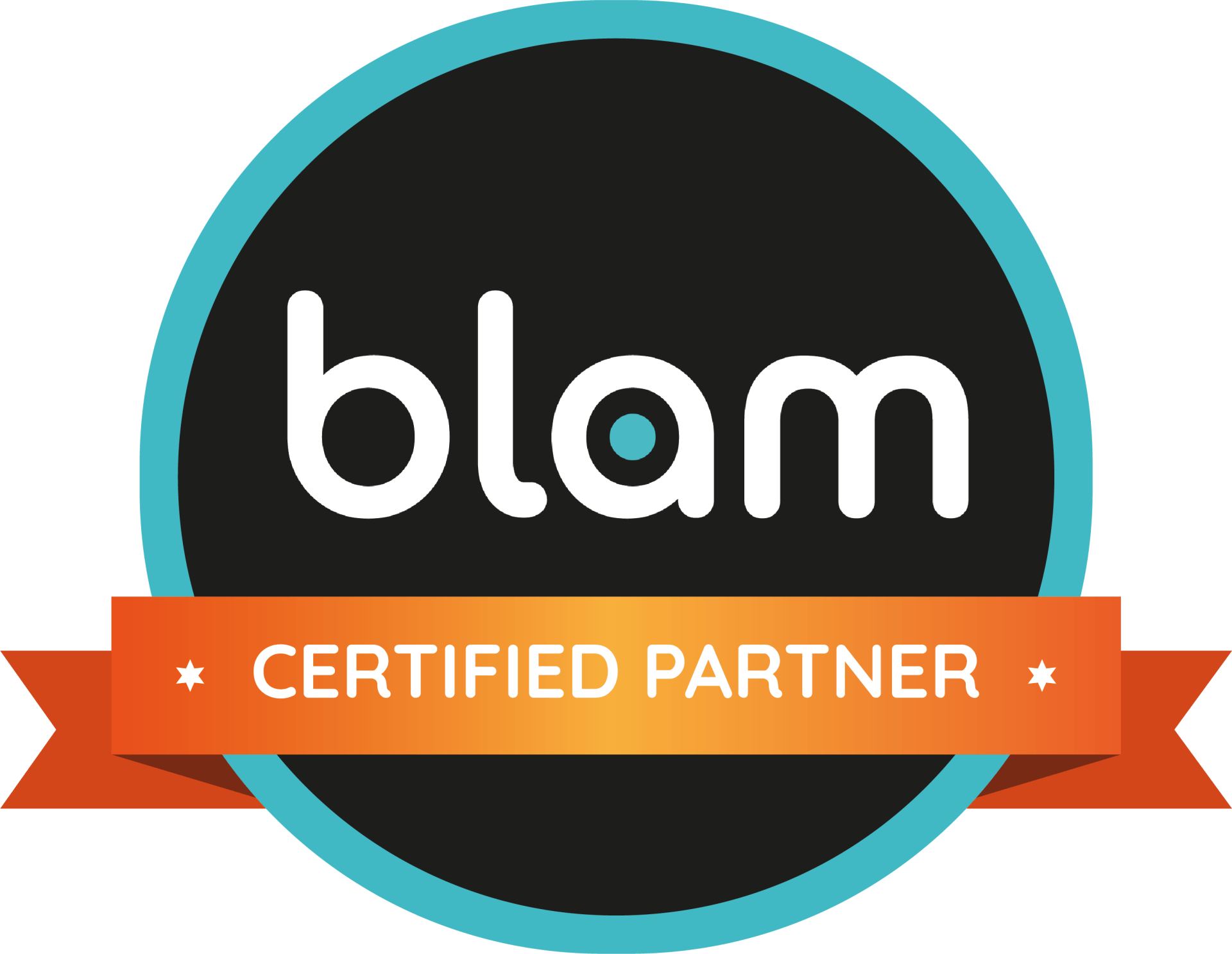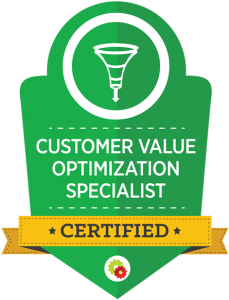Influencer Partnerships in Healthcare: Navigating Collaborations with Social Media Influencers, Bloggers, and Celebrities
Introduction: The Power of Influence in Healthcare
Would you trust health advice from a doctor or an Instagram influencer? What if the influencer was a doctor?
Social media has revolutionized the way we seek and consume health information. Gone are the days when people relied solely on doctor visits and medical journals. Today, millions turn to Instagram, TikTok, and YouTube for everything from mental health tips to chronic disease management advice. Influencers, bloggers, and celebrities have become trusted voices in the healthcare conversation.
But here’s the catch: not all influencer partnerships in healthcare are created equal. When done right, they amplify your message, build trust, and drive engagement. When done wrong, they can damage credibility, spread misinformation, and even violate regulatory guidelines.
This guide will help you navigate influencer collaborations in healthcare—choosing the right partners, ensuring ethical and effective messaging, and measuring real impact. Whether you’re a healthcare brand, provider, or a marketer, this is your roadmap to success.
Why Influencers Matter in Healthcare

In today’s digital-first world, healthcare influencers play a significant role in shaping public perception. Patients don’t just listen to doctors anymore; they also follow:
- Medical professionals with a social media presence (think Dr. Mike on YouTube or Dr. Jess on Instagram).
- Health and wellness advocates who promote fitness, nutrition, and mental well-being.
- Patient advocates and chronic illness bloggers who share lived experiences.
- Celebrities raising awareness for medical conditions (e.g., Selena Gomez on lupus, Michael J. Fox on Parkinson’s disease).
The Trust Factor

People trust influencers because they feel relatable. Unlike traditional healthcare marketing, influencers create a human connection—they share personal stories, struggles, and victories. The right influencer can help a healthcare brand:
- Break down medical jargon into easy-to-understand language.
- Normalize conversations around mental health, chronic illness, and preventive care.
- Build an engaged community that listens and takes action.
Example: A mental health platform partnered with a popular therapist on Instagram to share short, digestible videos on managing anxiety. The result? Increased app downloads and a stronger brand reputation as an approachable mental health resource.
Types of Healthcare Influencers & Choosing the Right Fit

Not all influencers are right for every healthcare brand. Understanding the different types will help you choose wisely.
1. Medical Experts & Healthcare Professionals
- Who they are: Doctors, nurses, therapists with a strong online presence.
- Best for: Credibility-driven campaigns.
- Example: A dermatologist collaborating with a skincare brand.
2. Health & Wellness Influencers
- Who they are: Nutritionists, fitness trainers, mental health advocates.
- Best for: Lifestyle-driven healthcare marketing.
- Example: A fitness influencer promoting a heart-healthy diet.
3. Patient Advocates & Health Bloggers
- Who they are: Individuals sharing personal health journeys.
- Best for: Patient education and community-building.
- Example: A diabetes advocate working with a glucose monitoring brand.
4. Celebrities & Public Figures
- Who they are: High-profile figures bringing attention to health causes.
- Best for: Mass awareness and fundraising efforts.
- Example: A celebrity ambassador raising funds for rare disease research.
How to Choose the Right Influencer

- Check credibility: Do they have a medical background or work with experts?
- Analyze audience fit: Does their follower base align with your target demographic?
- Look beyond follower count: Engagement matters more than numbers.
- Review past partnerships: Have they worked with brands that align with your mission?
- Watch for red flags: Fake followers, misinformation, or lack of transparency in sponsored content.
Challenges in Healthcare Influencer Marketing & Solutions
1. Misinformation & Ethical Concerns
Challenge: Health misinformation is rampant online.
Solution: Partner only with influencers who reference credible sources and align with medical guidelines.
2. Regulatory & Compliance Issues
Challenge: Influencers must follow HIPAA, FDA, and FTC disclosure rules.
Solution: Provide clear legal and ethical guidelines before the partnership begins.
3. Audience Skepticism
Challenge: Consumers are wary of paid endorsements in healthcare.
Solution: Choose influencers who already advocate for your cause authentically.
4. Cost vs. ROI
Challenge: Influencer marketing can be expensive—how do you ensure it’s worth it?
Solution: Set clear KPIs and track engagement, conversions, and sentiment shifts.
Best Practices for Effective Influencer Collaborations
- Define Clear Goals – Awareness? Education? Action?
- Co-Create Content – Influencers know their audience; let them bring authenticity to your campaign.
- Leverage Multi-Platform Strategies – Different audiences live on Instagram, TikTok, YouTube, LinkedIn, etc.
- Track Performance & Adjust – Monitor impact, tweak messaging, and optimize collaborations over time.
Measuring the Impact of Influencer Partnerships
Key Metrics to Track
- Engagement Rates – Likes, shares, comments, saves.
- Website Traffic & Conversions – Did the influencer drive meaningful action?
- Brand Sentiment – What are people saying in response to the campaign?
- Health Behavior Impact – Did people take steps toward healthier choices?
Tools for Tracking Success
- Google Analytics
- Social media insights (Instagram, TikTok, YouTube analytics)
- Influencer marketing platforms (Upfluence, Traackr)
Example: A telehealth platform partnered with a well-known doctor on TikTok to bust common health myths. The campaign led to a 30% increase in consultations from younger patients who preferred digital healthcare options.
Future Trends in Healthcare Influencer Marketing
• Rise of Micro-Influencers – Small but highly engaged communities drive stronger trust.
• AI & Digital Health Influencers – Tech-driven recommendations are shaping patient decisions.
• Greater Transparency & Credibility – Demand for fact-checked, science-backed influencer content is growing.
Conclusion: Your Next Steps for Influencer Success
The right influencer can transform how your healthcare brand connects with audiences. But successful partnerships aren’t just about finding the biggest name or the highest follower count—it’s about authenticity, credibility, and impact.
Whether you're looking to educate, raise awareness, or drive behavior change, the key lies in choosing the right influencer, setting clear guidelines, and tracking meaningful outcomes. When done right, influencer marketing in healthcare isn’t just another trend—it’s a powerful tool for meaningful change.
Let’s Connect
- For Healthcare Brands: Need help finding and partnering with the right healthcare influencers? Let’s craft a strategy that builds trust and drives results. Reach out today.
- For Influencers: Are you passionate about creating ethical, impactful health content? Let’s collaborate and bring valuable health insights to the world.
About Us

At 1st Hour, we provide innovative, patient-centered digital solutions, including:
- AI-powered, responsive websites.
- SEO-driven healthcare content strategies.
- Mobile app development.
- Brand management and social media.
- 📞 Call: 774 719 4647
- 📧 Email: Barry@1stHour.online
- 🌐 Visit:
www.1stHour.online
Meet Barry Eneh

Barry Eneh, founder of 1st Hour, is a healthcare marketing expert passionate about connecting providers with patients. Follow Barry at
Barry@1stHour.online.




